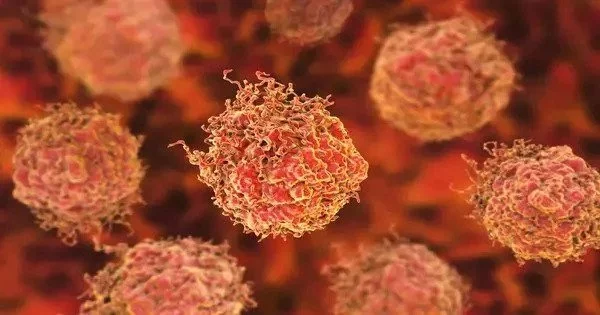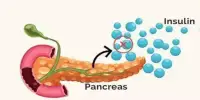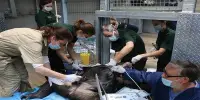Prostate cancer is a type of cancer that develops in the prostate gland, which is located in the male reproductive system. Treatment options for prostate cancer include surgery, radiation therapy, chemotherapy, hormone therapy, and immunotherapy. However, some cases of prostate cancer can become resistant to these treatments, which is known as treatment-resistant prostate cancer (TRPC).
In a recent trial, nine patients with androgen-resistance were given androgen-blocking therapy as well as carotuximab, a CD105 inhibitor. Based on radiographic imaging, 40% of those patients had progression-free survival.
Cedars-Sinai Cancer Center researchers have identified an investigational therapeutic approach that may be effective against treatment-resistant prostate cancer. The findings of their Phase II clinical trial, which were published in the peer-reviewed journal Molecular Therapy, have prompted a larger, multicenter trial, which will begin soon.
Prostate cancer, which affects a small gland just below the bladder, is the second leading cause of cancer death in men. Many prostate tumors are benign and require no or little treatment. Surgery or radiation therapy are used to treat aggressive tumors at first.
We discovered that this therapy may be able to resensitize select patients to androgen suppression, particularly in early cancers. This could allow patients to avoid or postpone more harmful interventions like cytotoxic chemotherapy.
Edwin Posadas
According to Neil Bhowmick, Ph.D., research scientist at Cedars-Sinai Cancer Center, professor of Medicine and Biomedical Sciences, and senior author of the study, cancer returns in about one-third of patients after initial treatment. These patients are typically treated with medications that block the actions of testosterone and other androgens, which are male hormones that aid in the growth of prostate tumors.
“Patients do really well until the tumor figures out how to get around the androgen-suppressing therapy,” Bhowmick explained. “One method is to cause cells to produce only a portion of the protein to which the drug binds, rendering the drug ineffective. Splice variants are the names given to the partial proteins.”
Bethany Smith, Ph.D., a project scientist in the Bhowmick Lab, discovered that cancer cells were signaling to surrounding supportive cells via a protein called CD105 to make these slice variant proteins through research with human cells and laboratory mice. The researchers then conducted a human trial to test a drug that they hoped would prevent those partial proteins from forming by inhibiting CD105.
The trial included nine patients whose tumors were resistant to androgen-blocking therapy who were also given carotuximab, a CD105 inhibitor. Based on radiographic imaging, 40% of those patients had progression-free survival.

“Every single patient in our trial was completely resistant to at least one androgen suppressor, and the normal course of action would be to simply try another one or chemotherapy, which research has shown generally does not stop tumor growth for more than about three months,” Bhowmick explained. “Carotuximab inhibited cancer’s workaround and rendered the tumor susceptible to androgen-suppressive therapy.”
Importantly, carotuximab appears to prevent androgen receptor splice variants in supporting cells surrounding tumors, further sensitizing the tumor to the androgen suppressor, according to Bhowmick.
“We discovered that this therapy may be able to resensitize select patients to androgen suppression, particularly in early cancers. This could allow patients to avoid or postpone more harmful interventions like cytotoxic chemotherapy” According to Edwin Posadas, MD, co-director of the Experimental Therapeutics Program, medical director of the Urologic Oncology Program/Center for Uro-Oncology Research Excellence (CURE), associate professor of Medicine at Cedars-Sinai, and study co-author.
“We also hope to find ways to predict which patients will benefit the most from this approach by testing blood and tissue samples with next-generation technologies housed at Cedars-Sinai Cancer Center.”
Sungyong You, Ph.D., director of the Urologic Oncology Bioinformatics Group and study co-author, identified three biomarkers that may help predict which patients will respond to this investigational therapy, and the team plans to validate those markers in a new clinical trial. This will allow future studies to target patients who are most likely to benefit from this intervention, according to Bhowmick.














